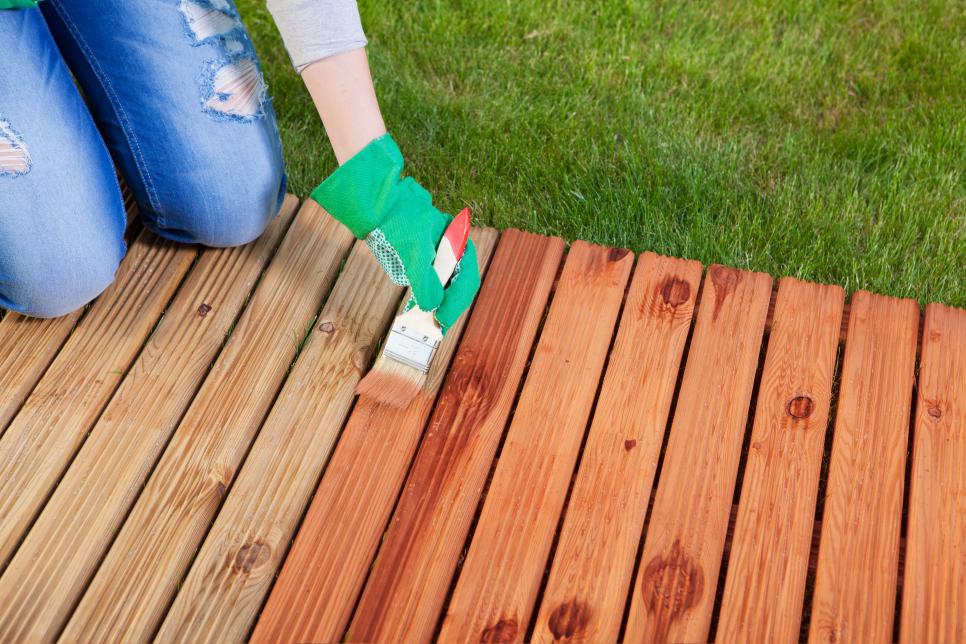
DON'T sand your wooden deck before sealing unless it's really vital. "Priming and painting is always a two-step procedure, and any moisture trapped underneath will come through at some point," Kalamian says. "Painting wood creates maintenance that you absolutely need to do no matter what." Where a blot simply fades -- and may be substituted as needed with a single coat of the right product -- paint will flake and chip out and can be a hassle to redo.
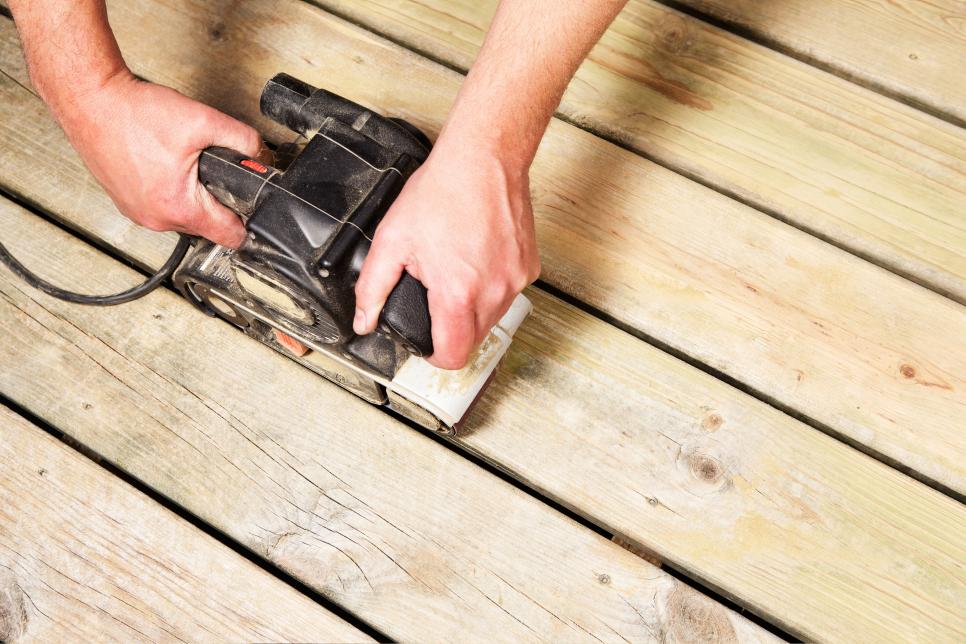
DON'T paint your deck if you're able to help it. "If you want a wet appearance all of the time, then seal your hardscape," Kalamian states. "But you are creating care, because you'll have to reseal your patio every two years like clockwork." Natural materials like slate and bluestone actually tend to self-seal under foot visitors and don't require the excess layer of security unless you simply like the glossy aesthetic.
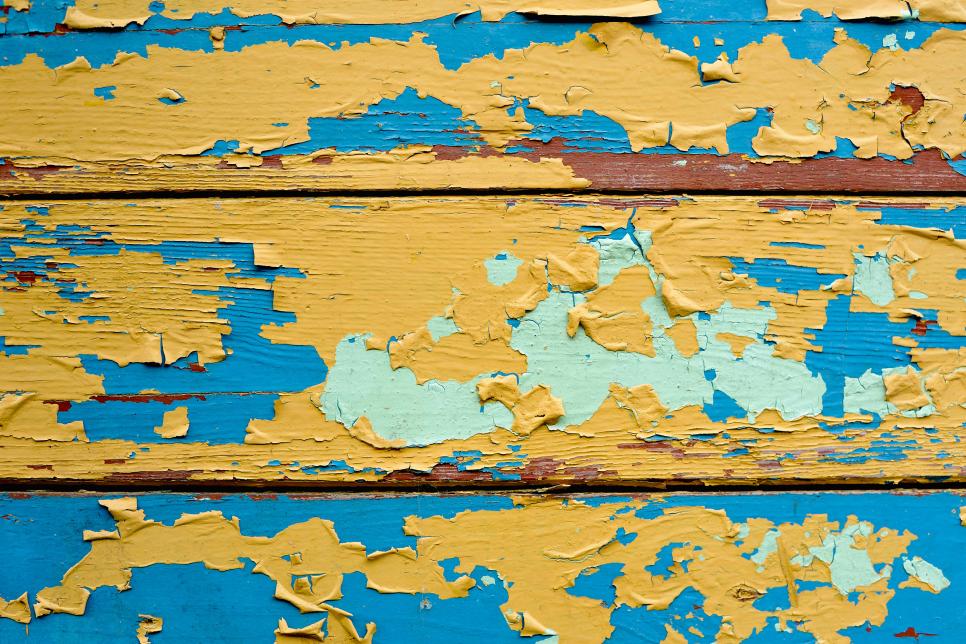
DON'T feel obligated to seal your patio. "You want to wash frequently, but not too frequently," Kalamian says. Normal wear and tear and constant thumping from the sun's UV rays takes its toll on the wood's surface, and if you scrub or power wash too aggressively -- or even just wash with water too frequently -- you can in fact cause further damage. Additionally, if you reside in a damp climate, introducing too much moisture to the wood may lead to mold and splitting. Wash just when there's observable dirt, stick with plain water from a hose when potential, and help you save power washing for every couple of years through the sealing process.
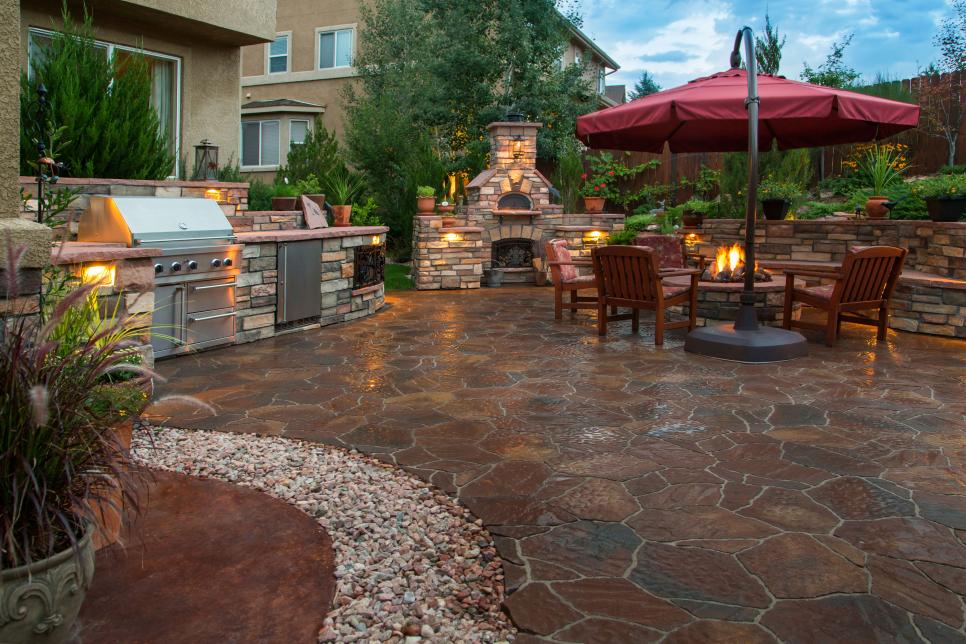
DON'T go overboard washing your deck. Natural rock will flakeout, and overzealous washing may actually wear the outside off. It is best to wash as needed rather than on a regular schedule. Use a mild household detergent occasionally if you see heavy dirt or stains; obstinate mildew and stains can be removed using a very dilute mix of muriatic acid and water. (Muriatic acid can be found at hardware, big-box or pool-supply stores; make certain to use protective equipment because you work with this.)

DON'T overdo washing a stone terrace, either. Too much pressure can damage wood and stone surfaces. "Pressure washing needs to be performed by an experienced hand," Kalamian states. "If you are knowledgeable, you can do yourself, but you may make some mistakes the first time. A guy that does it every single day knows how much stress is too much" To be secure, Kalamian recommends hiring a licensed, bonded, insured pro to perform your power washingand make sure you seal your wooden deck afterward.
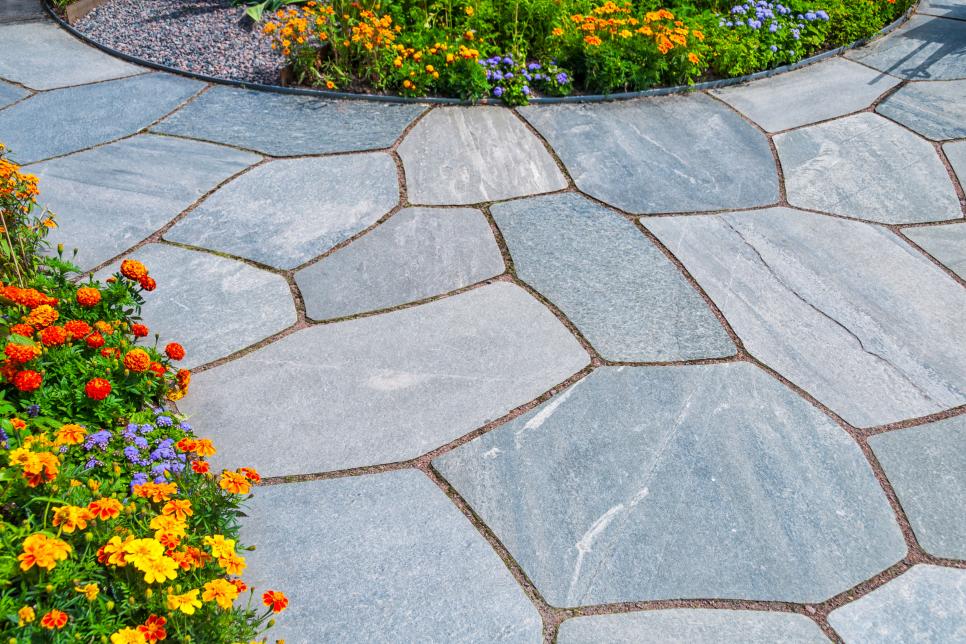
DO be careful with washing. It's overkill and can damage surfaces.

DON'T utilize a wire brush to scrub stains off wood, concrete or stone. Trapped dirt and leaves cause mold, stains and decay -- prevention is always better than the cure.
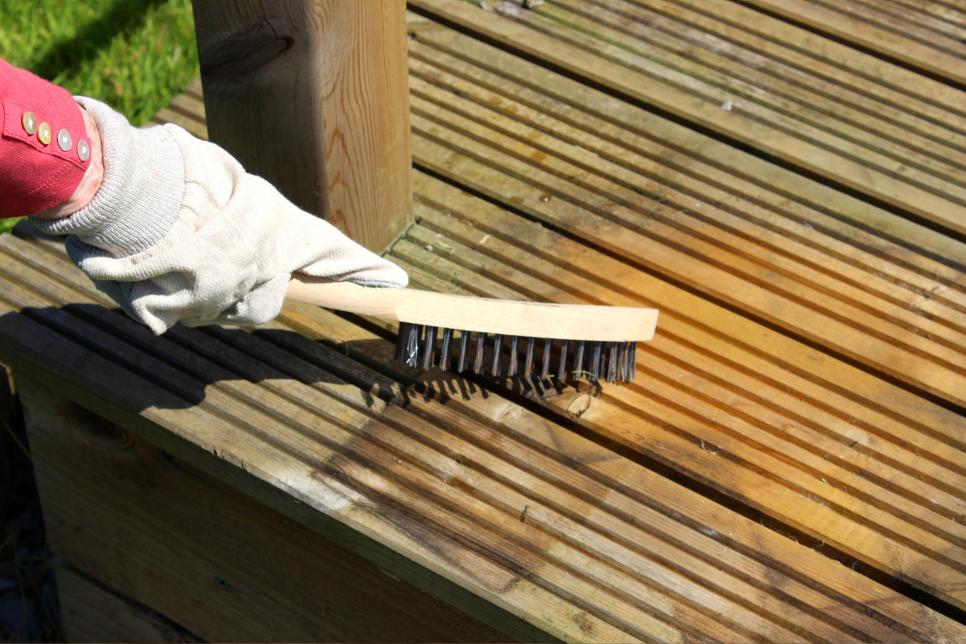
DO sweep debris away regularly. This is especially vital in mildew-prone regions of the nation, because furnishings and rugs often trap moisture underneath.
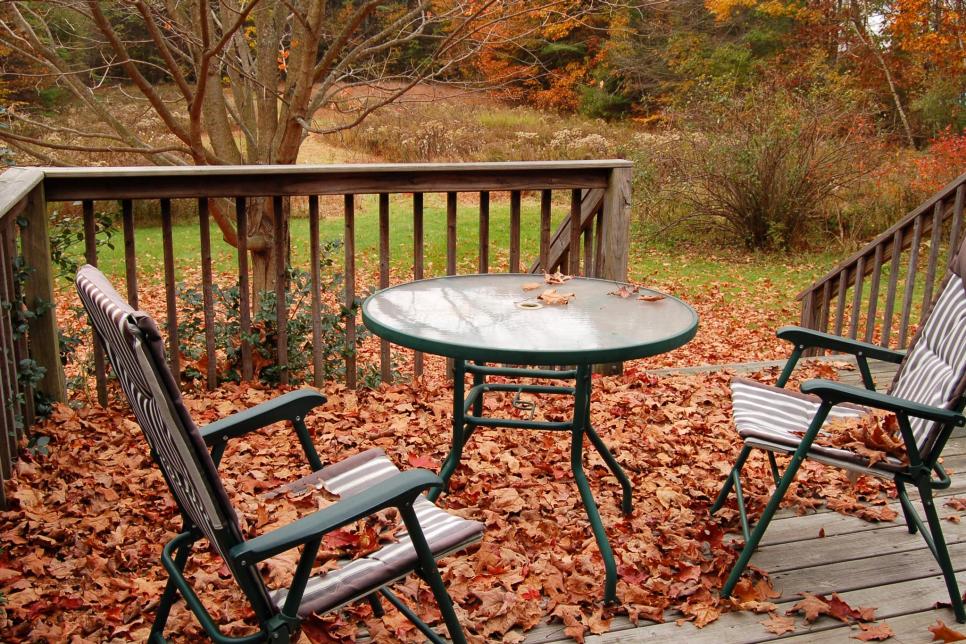
DO rearrange furniture at minimum once every year. It may alter the colour of your deck material. Again, start with the mildest options first -- even plain water and work your way up to products made especially for the job.
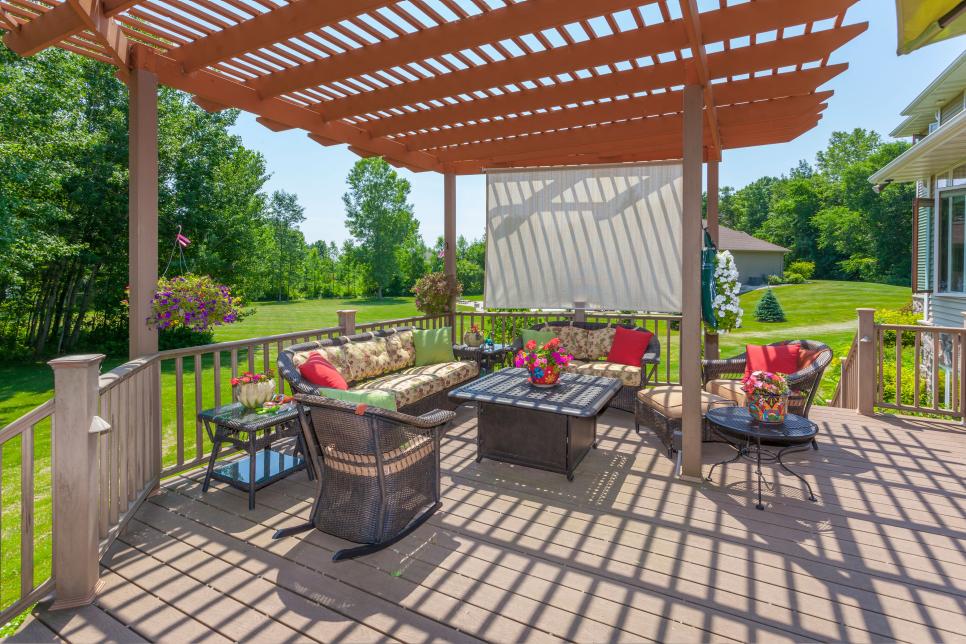
DON'T use chlorine bleach to wash your deck or terrace. When you are absorbed in getting your deck at tip-top shape, it's easy to forget your garden crops are at the line of fire. "Do not hose muriatic acid into plantings unless your answer is very dilute," Kalamian states. If You've Got a lush landscape near your deck, then drape plantings with a sheet because you work and Pick the mildest cleaning solution first -- say, dish soap or baking soda -- before you attempt harsher chemicals. (Remember that plants' roots are sensitive as well as the leaves, therefore whatever you hose off on the floor can impact their health.)
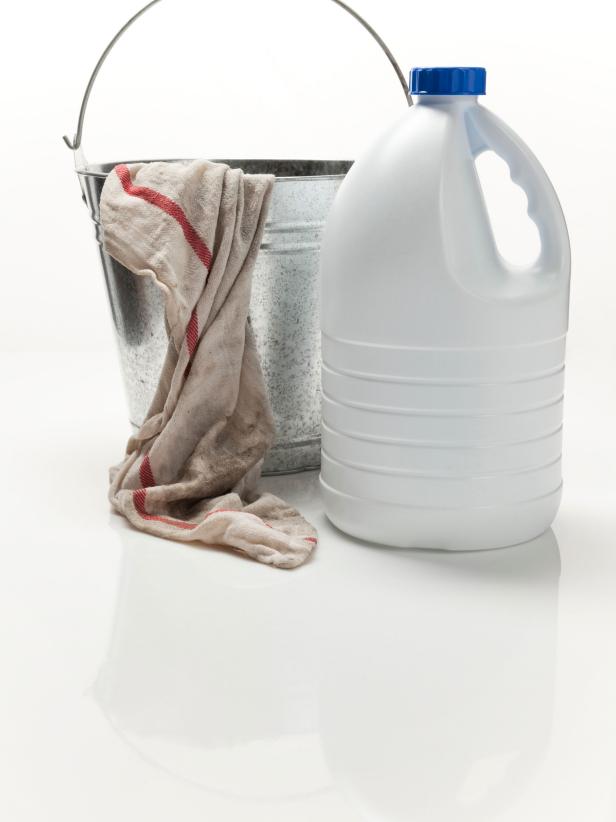
DON'T get harsh cleansers on nearby plants. "If your deck has been installed properly, you shouldn't have a whole lot of that going on," Kalamian says. "But wood expands and contracts as it ages, so anywhere there is a span of wood, like a handrail or floorboard, you could find some creaking or anything coming loose." Screw everything down properly and sand any sharp splinters after you locate them, as little problems have a method of becoming bigger problems over time.

DO fix nail pops, split wood and overlooking boards promptly. A regular check for signs of rot, excessive motion and structural problems is almost always a good idea. Wood can warp and split over its normal grain and cause a security issue before you realize anything has gone wrong.
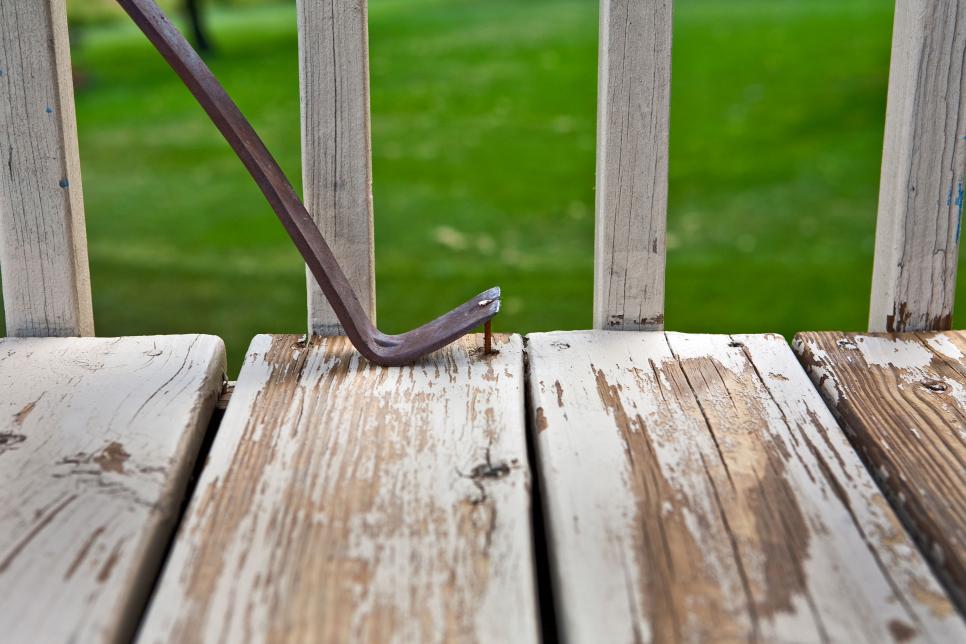
DON'T dismiss stress points like railings and stairs. "Hairline fractures are still an acceptable industry standard," Kalamian says. There is no need to mend them and seeking to fix them together with additional grout or cement seems worse than the crack itself. Same holds for the whitish film which often collects on the surface of concrete, also called efflorescence. It's the normal migration of salts and moisture to the surface, also may be considered a harmless color variation rather than something you Want to clean. But if yours is intense or you simply don't like the appearance, power washing will remove it briefly. Sealing is essential if you would like to stop it indefinitely, and will require a rigorous maintenance program.
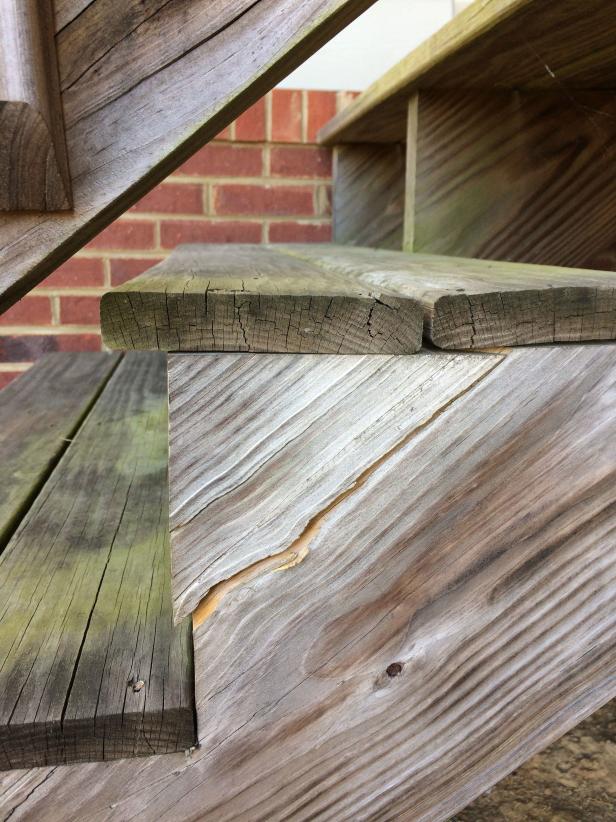
DON'T be worried about concrete imperfections. A container garden is a fantastic thing for ambiance, but it can wreak havoc on your deck or terrace's surface. Overwatering contributes to puddling, which leads to mould and stains brought on by mineral buildup as the water disappears. "Anytime we put in a deck, we constantly use saucers for potted plants, join the pots to an irrigation system, and put in a drain attached into the below-ground drainage system whenever possible," Kalamian states. "This way no water pools across the ground or leaks across the deck" Stains brought on by pots often can't be eliminated, therefore prevention is the very best alternative.

No comments:
Post a Comment